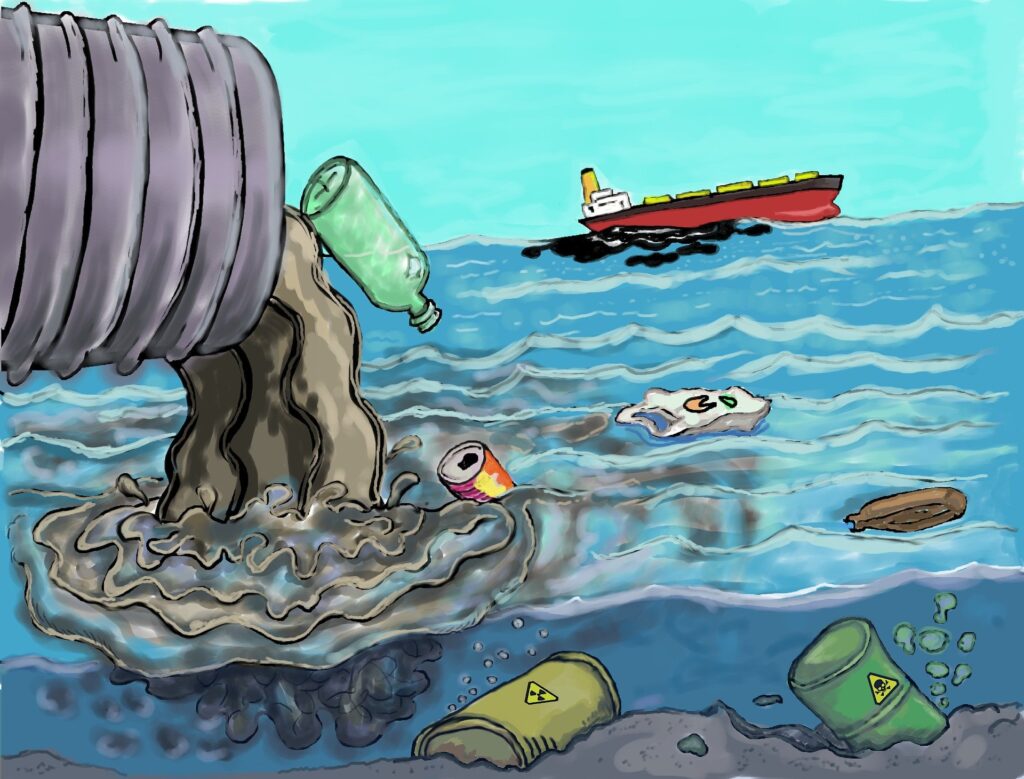Lithium-ion battery: present and future
Lithium ion battery (LIB) is a rechargeable battery Consist of anode, cathode, electrolyte and a separator Available for purchase from 1991 Sony rechargeable battery past and present Charging and discharging of Li-ion battery Application of lithium-ion batteries Present day’s LIB: 18650, 26700 and 26650 size Application: Electric vehicle, smartphone, laptop, toys, e-cigarettes and vaporizers, medical devices, portable […]
Lithium-ion battery: present and future Read More »










